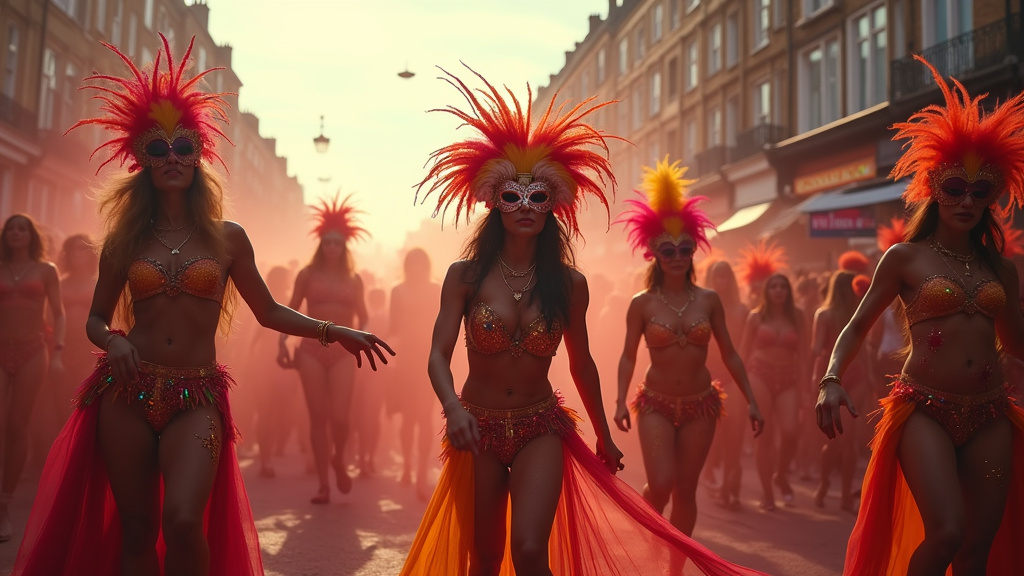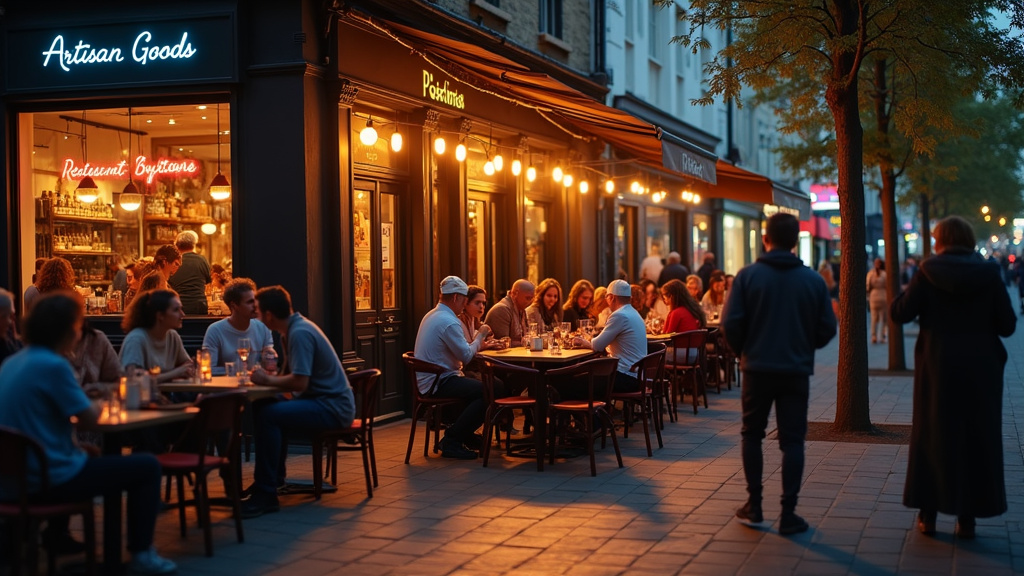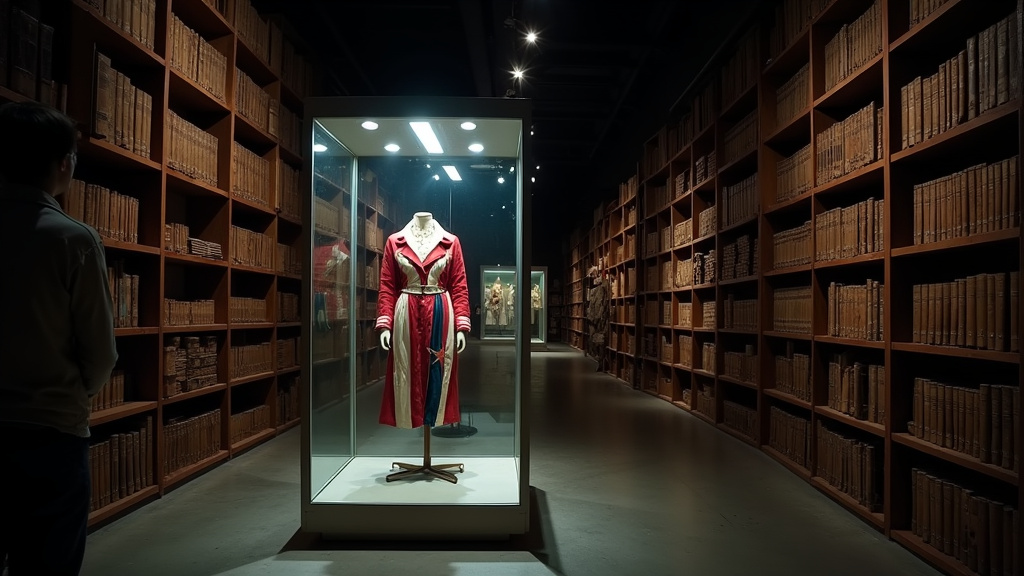London’s Notting Hill, a neighbourhood traditionally known for its diverse community, once again transformed into a pulsating hub of Caribbean culture over the August bank holiday weekend, as the Notting Hill Carnival drew an estimated one million revellers. This iconic event, celebrated as Europe’s largest street party, showcased a spectacular array of music, dance, vibrant costumes, and the rich flavours of the Caribbean.
A Legacy of Resilience and Celebration
The Notting Hill Carnival has a profound history, originating in 1959 as a response to racial tensions and the Notting Hill race riots of 1958. Spearheaded by Trinidadian activist Claudia Jones, the initial indoor event aimed to foster unity and showcase Caribbean heritage. The subsequent move outdoors in 1966, influenced by Rhaune Laslett and the sounds of Russell Henderson’s steel band, marked the genesis of the carnival as it is known today.
Over the decades, the carnival has evolved, deeply influenced by its Caribbean roots, particularly the traditions of Trinidad Carnival. It represents a powerful testament to the resilience and cultural contributions of the Windrush generation and subsequent Caribbean communities in Britain. The event is now a cornerstone of London’s cultural calendar and a globally recognized street festival, attracting around two million people annually and contributing significantly to the local economy.
A Spectacle of Sound, Colour, and Community
The 2025 Notting Hill Carnival officially commenced on Saturday, August 23rd, with the UK National Panorama Steel Band Competition, a prestigious event held at Emslie Horniman’s Pleasance Park. Sunday, August 24th, was dedicated to Family Day, kicking off with the traditional J’ouvert celebration at dawn. This pre-dawn festivity saw participants playfully covering each other in paint, coloured powder, and chocolate, accompanied by the infectious rhythms of steel bands and music. The day continued with a colourful children’s parade and the ‘Dutty Mas’ or ‘Fun Mas’ where more paint and powder were thrown, embodying the carnival’s spirit of joyous abandon. The festivities were further amplified by over 30 static sound systems strategically placed throughout the area, playing a diverse range of genres from reggae, soca, and calypso to UK garage and jungle, creating a truly immersive audio experience.
Monday, August 25th, marked the main adult parade day, featuring elaborate floats and thousands of performers in breathtaking masquerade costumes. Bands representing the rich tapestry of the Caribbean, African, and Brazilian diasporas, including groups like Bajan Raw Licquer, Mahogany, Mas Africa, and Brazilian samba schools, paraded through the streets. Attendees savoured authentic Caribbean cuisine from numerous food stalls, with the aroma of jerk chicken and curry goat filling the air, and enjoyed drinks like Red Stripe and rum punch.
Safety and Security Measures
Ensuring the safety of the vast crowds is a paramount concern. Ahead of the 2025 carnival, the Metropolitan Police conducted “intelligence-led interventions,” resulting in over 100 arrests and the seizure of numerous weapons, including firearms and knives. Approximately 7,000 officers were deployed across London throughout the bank holiday weekend. Advanced technologies, such as CCTV, screening arches, and live facial recognition cameras, were utilized on the approaches to the carnival to deter potential trouble and enhance security.
A Celebration of Culture and Society
Big Zuu, a TV chef and personality who has attended the carnival since childhood, described it as “a celebration of black culture in England which we need right now.” He highlighted its importance as a display of multiculturalism, stating, “This is the best celebration of multiculturalism in the country.” This sentiment was echoed by attendees like Maria James, who felt, “It feels like a piece of the Caribbean right here in London,” and James Lewis from Birmingham, who noted, “It’s amazing to see so many cultures coming together.” The event not only celebrates Caribbean heritage but also showcases the vibrant diversity that defines contemporary London society.
Despite challenges, including funding concerns and the ongoing need to balance public safety with the event’s free and open spirit, Notting Hill Carnival continues to thrive as a vital cultural institution, a powerful expression of community, and a trending highlight on London’s social calendar. The dedication of organisers, volunteers, and the community ensures its legacy continues to flourish, making it a cherished annual news event for the city.





